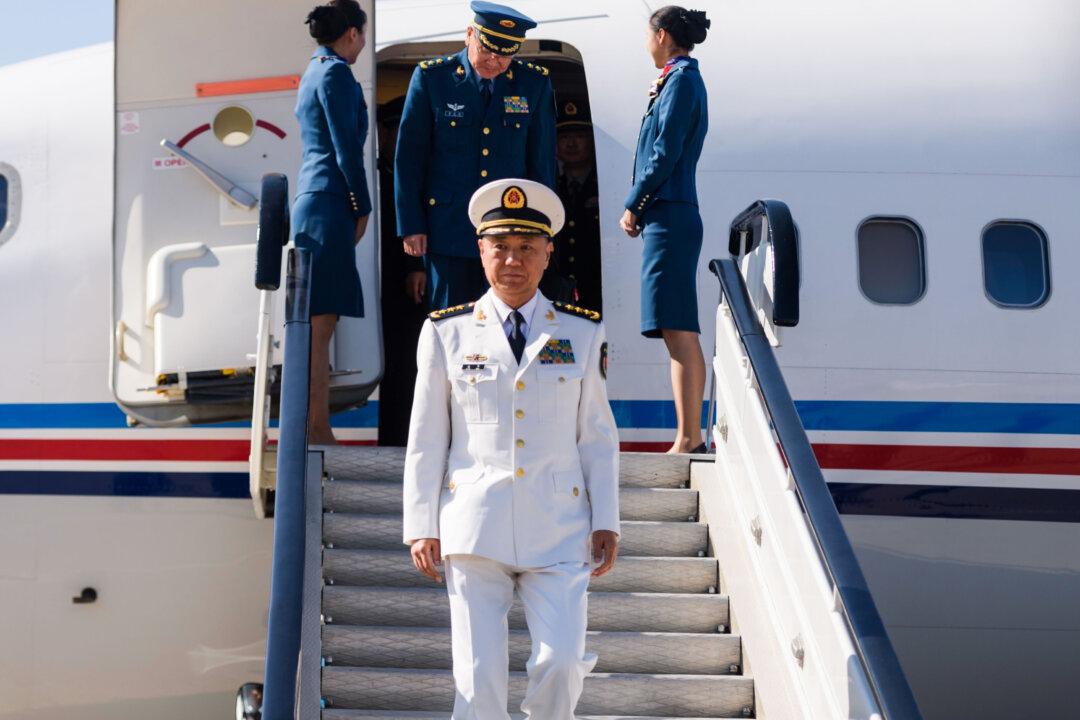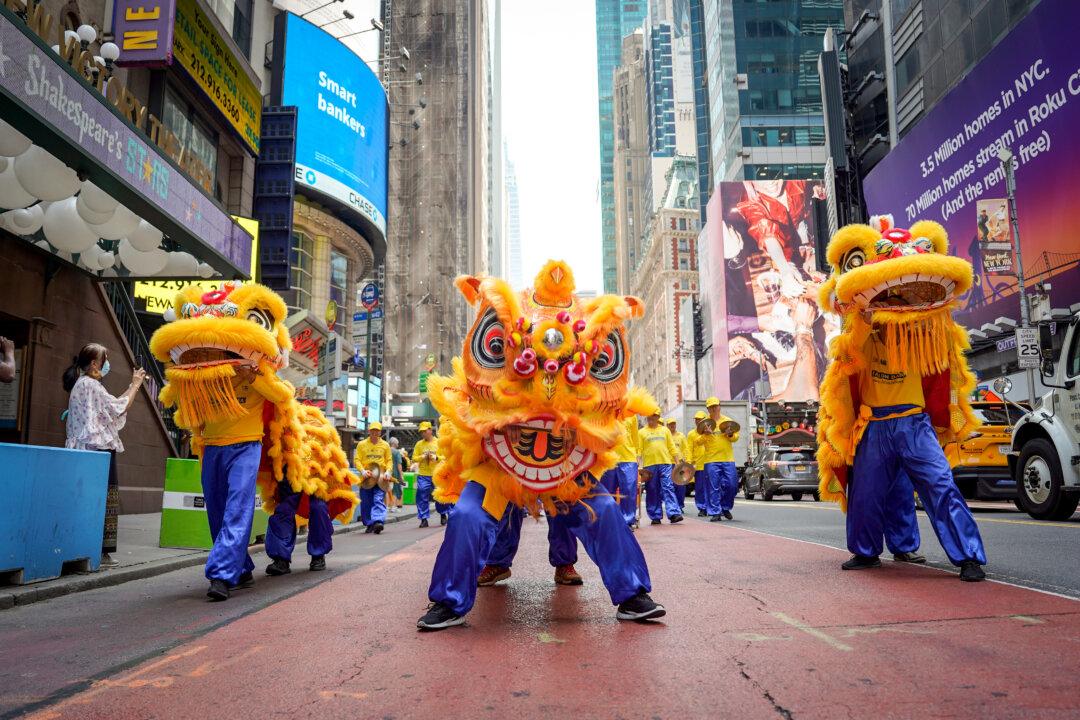News Analysis
A series of investigations involving senior Chinese military officials may set back Chinese Communist Party (CCP) leader Xi Jinping’s plan to invade Taiwan before 2027, according to experts.
At a press briefing on Nov. 28, the CCP’s defense ministry announced that Adm. Miao Hua, the director of the political work department of the Central Military Commission (CMC), is under investigation on suspicion of “serious violations of discipline.”
On Nov. 27, the Chinese Foreign Ministry refuted a report by the Financial Times that the current defense minister, Adm. Dong Jun, is being investigated for corruption. Spokesperson Mao Ning dismissed the claim as “shadow chasing.”
China experts believe that the investigation of Miao, once a close ally of CCP leader Xi Jinping, signifies a sweeping purge within Xi’s faction and the undermining of his control over the military. This, along with the investigation of Dong (likely linked to Miao’s case), indicates a setback to Xi’s plan for a potential military campaign against Taiwan by 2027, according to Tang Jingyuan, a U.S.-based China affairs commentator.
Miao’s Fall Signals Undermining of Xi’s Military Control
Before being promoted to the CMC, Miao served as the political commissar of the Chinese Navy from 2014 to 2017. He reportedly crossed paths with Xi in the late 1990s when Xi was the deputy party secretary of the coastal Fujian Province.
One of the CMC’s roles is human resources for the military. That means Miao, as head of the political work department, was instrumental in selecting personnel for key positions in the military to strengthen Xi Jinping’s authority, Tang told The Epoch Times.
Therefore, the investigation of Miao signals a severe blow to Xi’s authority in the military, suggesting a major reshuffling of the Party’s power dynamics, Tang said. Xi’s allies in the military could face a comprehensive purge, which the CCP often refers to as “cleansing the toxins.”
“This means that the ’toxic influence' of Miao Hua and his group will likely be eradicated,” Tang said. “Without a doubt, it will result in Xi’s military foundation, particularly among mid- to high-ranking officers, being uprooted. This will undoubtedly weaken the combat effectiveness of the Chinese military.”
Yao Cheng, a former lieutenant colonel in the Chinese Navy, said that the investigation of Miao could also reflect escalating infighting between Xi and CMC Vice Chairman Zhang Youxia.
Zhang, once a close ally of Xi, turned against him due to Xi’s actions against Zhang’s associates, Yao told NTD, a sister outlet of The Epoch Times.
The 74-year-old Zhang has watched Xi not only remove his mentor, former CCP leader Hu Jintao, from the center of power, but also possibly eliminate former Premier Li Keqiang. Zhang said that as a result, he does not believe that Xi will allow him to retire peacefully, Yao said.
“Therefore, Zhang decided not to retire and chose to confront Xi directly. This is because the senior figures in the central leadership support Zhang, and the military harbors significant discontent with Xi’s military reforms and anti-corruption efforts, further bolstering Zhang’s position,” he said.
“With these two strong backers, Zhang took action against Xi, effectively stripping him of his control over the military.”
Yao also said that the investigation into Dong is unsurprising, given Miao’s incident. However, he said that based on his personal relationship with Dong, he believes it is unlikely that Dong is involved in corruption.
“Miao is a CMC member and holds the position of the Political Work Department director. If you want to take him down, you need to substantiate his crimes thoroughly; otherwise, it would be difficult to act against him,” he said. “Therefore, those around Miao will inevitably be investigated, but this does not necessarily mean that Dong is involved in corruption.”




